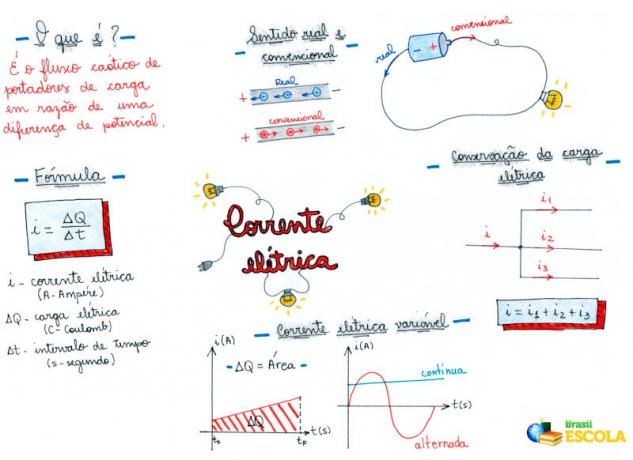There are some basic differences between the prepositions “on” and “onto”. “On” can be used to indicate “over, above, above (from)”. In a reduced way, it is said that the preposition “on” is used when something is placed on top of something else, being supported by it; or on the surface of something.
In addition to indicating contact, the preposition "on" is used:
- before street, square and avenue names:
The show is going to be on Dom Emanuel Square. (The show will be at Praça Dom Emanuel).
The school is located on San Francisco Avenue. (The school is located on Avenida San Francisco).
Where is your house, Bob? (Where is your house, Bob?).
My house is on Maple Street. (My house is on Maple Street).
- before the day of the week, dates and holidays followed by the word day:
They got married on the Teacher's Day. (They got married on Teacher's Day).
Sheila doesn't have to work on Fridays and Saturdays. (Sheila doesn't need to work on Fridays and Saturdays).
My appointment with doctor Steve is on July 11th. (My appointment with Dr. Steve is on the 11th of July).
- before words like: farm, beach, coast, river, lake:
I want to spend my vacation on the beach. (I want to spend my vacation at the beach).
Carol likes to swim on the lake. (Carol likes to swim in the lake).
We use the preposition “onto”, which can mean “in”, to say that someone or something moves to a position on a surface.

The cat was climbing onto the roof. (The cat was climbing/climbing on the roof).

The dog jumped onto the pool. (The dog jumped into the pool).
So, as mentioned above, we use “on” when the object is stationary on a surface, as in:

The book is on the table. (The book is on the table).
And “onto” is used when we want to indicate movement. Look:
The man is jumping onto the sea. (The man is jumping into the sea).
Layssa Gabriela Almeida e Silva
Brazil School Collaborator
Degree in Languages - English from the State University of Goiás - UEG
Improvement course in English at Zoni Language Centers - USA - USA
Source: Brazil School - https://brasilescola.uol.com.br/ingles/the-difference-of-on-and-onto.htm

